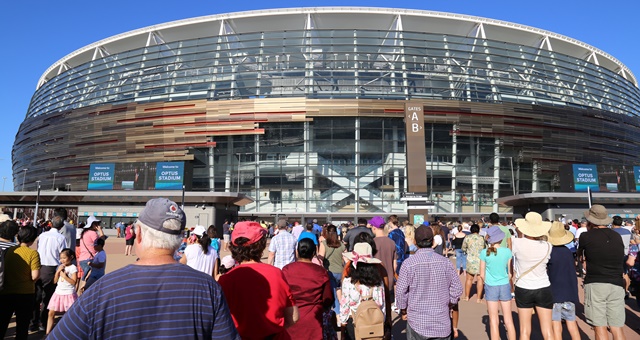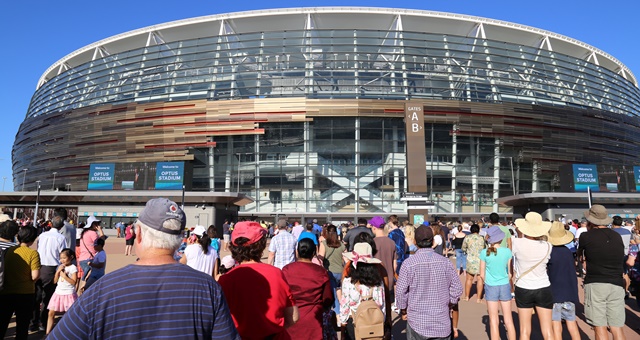
A year dominated by booming new hotel supply lines has ended with a spike in demand and an overall positive national RevPAR up 0.9% for the month, according to new data released this week by accommodation think-tank STR.
With the holiday season looming, demand returned to outstrip supply 2.8% to 1.9% respectively, with the nation’s biggest winners being Brisbane, Perth and Hobart. Supply in Sydney and Melbourne continued to perform with new hotels opening in both cities, however a booking spike in the Victorian capital mitigated the damage somewhat.
News was not good in Sydney, with occupancy, ADR and RevPAR left lagging. The nation’s largest city continues to suffer from demand retracting, with city-wide RevPAR declining 5.1% compared to the same month last year. The city sits in the middle of a hugely varied marketplace, with Brisbane recording RevPAR growth of 10% year-on-year, while Darwin saw an 18.4% decline as the ongoing effects of the end of a major mining project continued to balance out.
Major events continued to provide lingering spikes in occupancy in Perth, Melbourne and Hobart. Over in WA, the day/night Test Cricket helped the city’s hotels, as did the President’s Cup golf tournament in Melbourne, which saw average rates in the city hit $219.60 and drive a boost in occupancy. Hobart continued its standout year however the tests will get tougher for Tasmania as new hotel stock comes online and challenges demand.
While December proved fruitful, Australia overall saw a year-long negative RevPAR growth for the first time in the entire decade. While demand did continue to grow 1.2%, it was outshone by supply as new rooms opening maintained a steady pace and closed the year up 2.1%, leading to a 0.9% fall in occupancy and 1.9% decline in RevPAR. Excluding the Top 10 destinations (each capital city, plus Gold Coast, Cairns and Canberra), RevPAR grew 3.2%, hinting business travel was steadily moving outside CBD areas.

